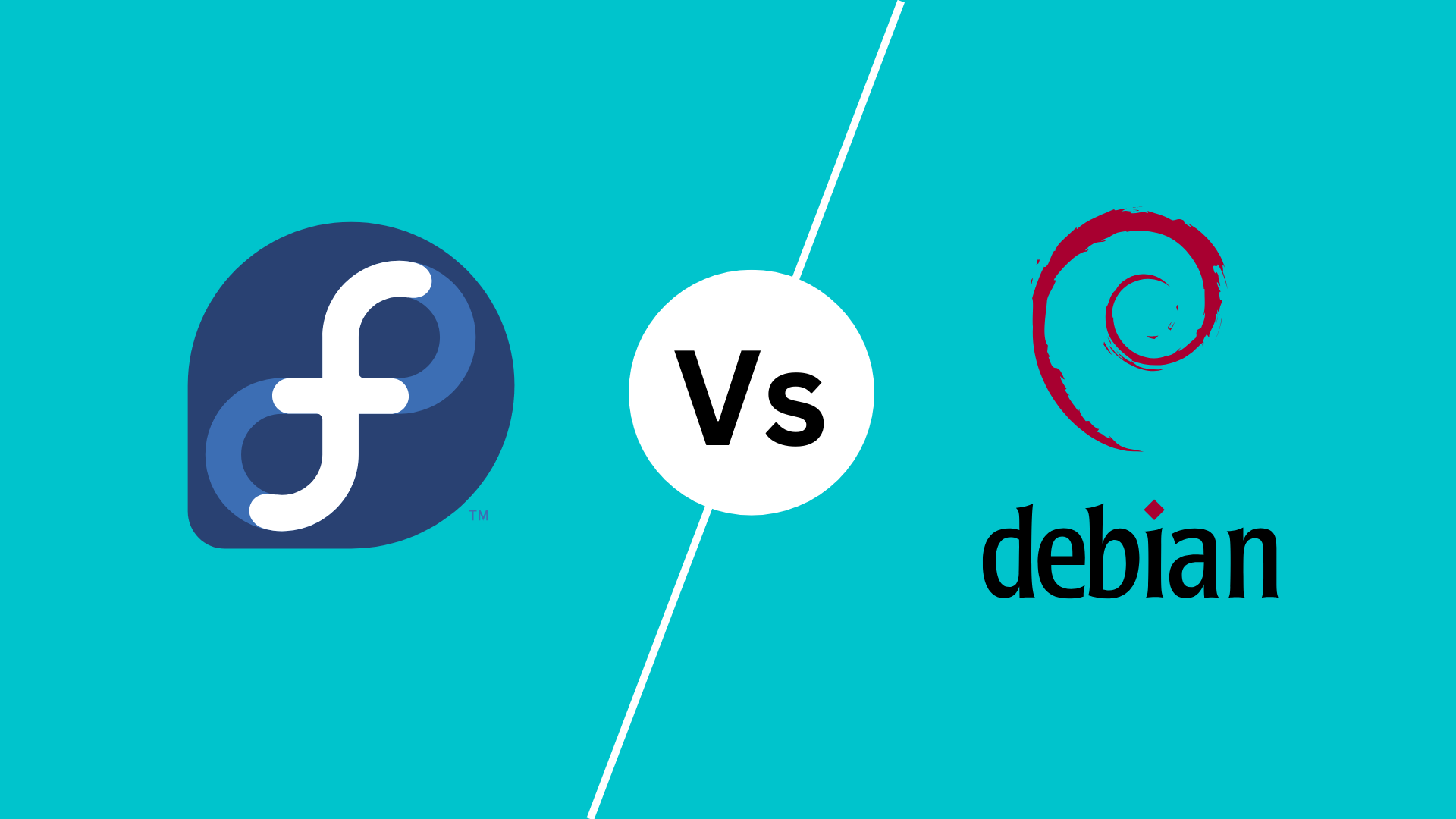Debian vs. Fedora: A Deep Dive into Package Management
In the realm of Linux distributions, package management is paramount, determining the efficiency and ease of software acquisition and maintenance. Debian and Fedora, two leading distros, adopt contrasting approaches to this critical aspect, each with its own strengths and considerations.

Debian: Stability and Control

Debian employs the widely recognized Advanced Package Tool (APT), renowned for its stability and conservative approach. It carefully selects software packages, prioritizing thorough testing and rigorous quality control. The Debian repositories host a vast collection of software, ensuring a comprehensive selection.
Debian’s package management emphasizes stability over bleeding-edge software. Regular releases follow a strict schedule, and security updates are promptly provided. This conservative approach ensures a highly reliable system, ideal for production environments and servers.
Fedora: Innovation and Flexibility
Fedora, on the other hand, embraces a more rapid development cycle and bleeding-edge software. It employs the DNF (Dandified yum) package manager, known for its flexibility and powerful search capabilities. The Fedora repositories maintain a balance between stable and newer packages, catering to both stability-seekers and technology enthusiasts.
Fedora’s focus on innovation often results in the inclusion of more recent software versions than Debian. This can be beneficial for users seeking the latest features and improvements. However, it may also introduce potential instability or compatibility issues.
Repository Differences
The Debian and Fedora repositories differ in content and availability. Debian’s repositories prioritize stability, often including older but well-tested software versions. Fedora’s repositories, in contrast, offer a wider range of versions, including both stable and newer experimental packages.
Security Considerations
Both Debian and Fedora prioritize security. Debian’s rigorous testing process and long support cycle ensure that installed software packages are secure and reliable. Fedora focuses on rapid security patching, ensuring that vulnerabilities are addressed promptly.
Conclusion
Debian and Fedora represent distinct approaches to package management. Debian offers stability, reliability, and a highly tested software base, ideal for mission-critical environments and servers. Fedora, on the other hand, embraces innovation and flexibility, providing access to newer software versions. Ultimately, the choice depends on the specific needs and preferences of the user.

This is a great article! I’ve been using Debian for years, but I’m always interested in learning about other distributions. This article gives a good overview of the differences between APT and DNF. I think I might give Fedora a try.
DNF is the best package management tool ever. It’s so easy to use, even for a newbie like me.
I’ve used both APT and DNF, and I prefer DNF. It’s much more user-friendly.
APT is too complex for me. I much prefer DNF.
I’ve been using Debian for years, and I’ve never had any problems with APT. I don’t see any reason to switch to DNF.
This article is biased towards DNF. APT is a more powerful tool.
I don’t understand why anyone would use APT. DNF is so much better.
This article is a joke. APT is the best package management tool, hands down.
I love how easy it is to use DNF. I can install, update, and remove software packages with just a few clicks.
I’m a new user, and I found DNF to be very user-friendly. I’m glad I chose Fedora over Debian.
This article is a great resource for anyone who is trying to decide between Debian and Fedora. It provides a good overview of the differences between APT and DNF.